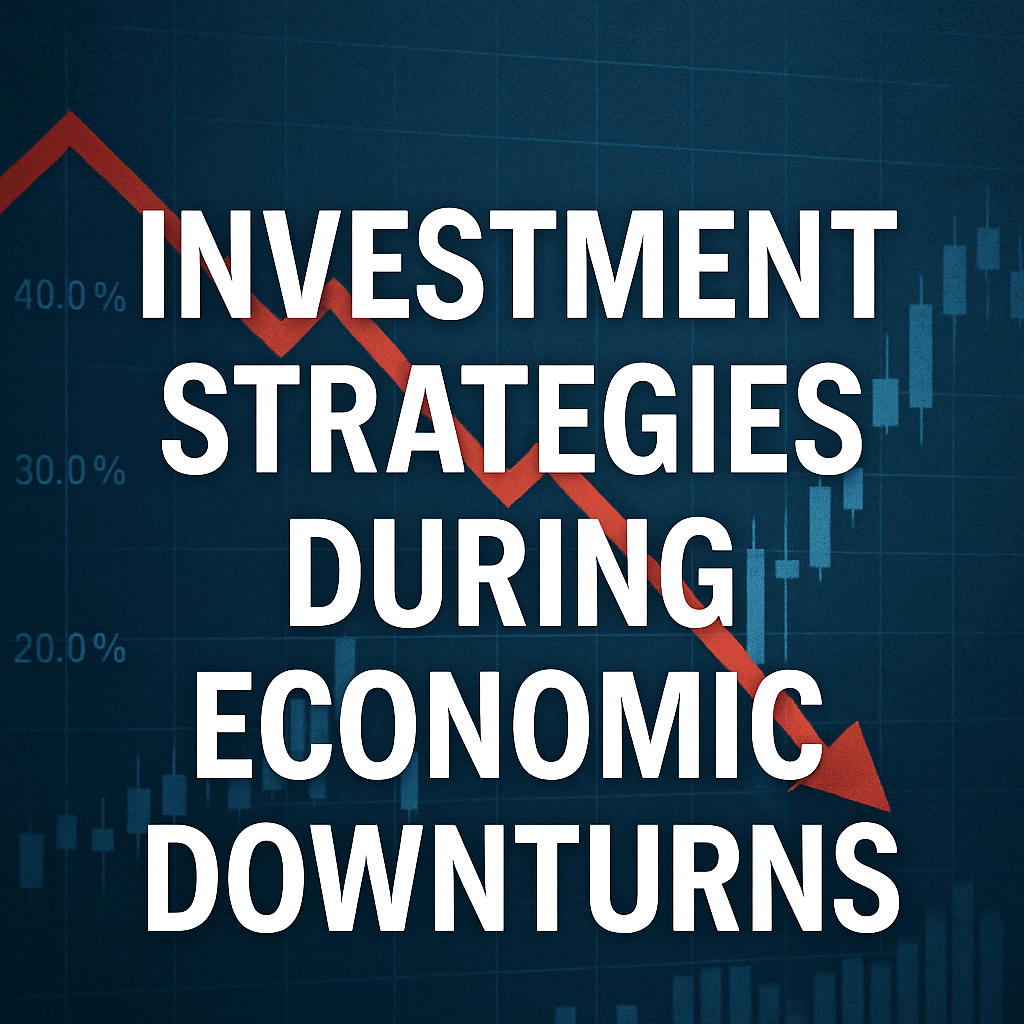Investment Strategies During Economic Downturns

As U.S. tariffs continue to shape global economic landscapes, it is crucial for investors to reflect on past performances during recessions. Understanding the resilience of various investment styles during economic downturns can aid in strategic decision-making. This analysis examines how specific investment strategies—particularly those focused on quality and small-cap stocks—have historically fared during recessionary periods.
The Current Economic Climate
The economic forecast appears increasingly grim as the implementation of tariffs has reached unprecedented levels under recent U.S. policy. The rapid integration of what has been termed ‘Liberation Day’ has resulted in the steepest average tariffs on imports in nearly 100 years. Starting from mid-2023, the Trump administration’s tariffs on Chinese goods have soared to as high as 145%, while negotiations with a coalition of 57 countries remain teetering on the edge of collapse. The pressure for swift negotiations and trade deal formations raises significant concerns about the looming economic ramifications.
Historical Performance of Investment Styles During Recessions
To equip investors with deeper insights, we analyzed the investment performance of multiple styles during economic recessions as defined by the OECD since 1980. The performance of respective MSCI style indexes against broader market indices showcases distinct patterns that align with economic contractions:

- Quality Factors: Historically, companies defined as high-quality have consistently outperformed during recessions. These entities typically exhibit strong balance sheets, stable earnings, and high return on invested capital (ROIC). As recessionary pressures mount, well-managed firms with robust financial health tend to weather the storm better.
- Small-Cap Exposure: While conventional wisdom posits that small-cap stocks should experience greater volatility during downturns, recent trends indicate that select smaller firms—often less scrutinized by analysts—might escape rapid devaluation. Their greater flexibility and responsiveness to interest rate changes can provide a potential cushion against economic headwinds.
- Growth Factor: Growth investing has emerged as another strategic victor in tumultuous financial climates, performing better than the value factor. This correlates with lower interest rates typically seen during recessions, where companies with long-term growth trajectories can capitalize on cheaper borrowing costs.
Investment Strategies to Consider
Investors looking for refuge amidst economic upheaval may consider focusing on specific segments that demonstrate resilience:
- UK Investment Trusts: Three notable trusts that embody a blend of quality, small-cap, and growth characteristics are BlackRock Throgmorton (THRG), Montanaro UK Smaller Companies (MTU), and abrdn UK Smaller Companies Growth Trust (AUSC). THRG, with its short position management, stands out for its ten-year performance track record, while MTU’s recent increase in dividend policy enhances its appeal.
- European Selections: In Europe, the Montanaro European Smaller Companies Trust (MTE) excels through its commitment to quality and small-cap exposure. MTE’s management strategy leads to a well-diversified portfolio that remains resilient even amid economic uncertainties.
- Opportunities in Japan: Japan’s market dynamics shift during downturns, with AVI Japan Opportunity Trust (AJOT) employing an activist strategy to exploit potential undervaluation in small-cap opportunities. This approach allows for double benefits—capitalizing on company reforms while still leveraging low valuations.
The Role of Monetary Policy During Recessions
Monetary policy plays a pivotal role in shaping the investment landscape during recessions. Central banks often resort to accommodative monetary strategies that include interest rate cuts and quantitative easing to encourage liquidity and stimulate growth. Such policies disproportionately benefit high-quality and growth stocks, as lower rates enhance their present value calculations. This correlation suggests that those invested in quality or growth-oriented firms may find additional support from central bank interventions during downturns.
Investor Behavior Under Economic Stress
As economic uncertainty rises, investor sentiment tends to shift. Risk-averse behavior often leads to flocking towards companies perceived as stable, characterized by strong financials and established market positions. This behavioral trend further bolsters the resilience of high-quality and growth equity investments, as investors favor businesses demonstrating consistent earnings and capable management teams capable of navigating adverse conditions.
Outlook and Strategic Positioning
The anticipated contraction fueled by escalating tariffs on trade presents a challenging landscape for investors. With the U.S. quarterly GDP already retracting by 0.3%, a proactive approach is essential. Wealth managers might look beyond U.S. markets, leveraging opportunities in less volatile regions and seeking investments with favorable small-cap and quality exposure. The tariffs could have wider implications that ripple across asset classes, rendering diversification more important than ever.
Conclusion
As we anticipate the economic ramifications of current tariff policies, understanding historical performance trends of investment styles during economic downturns is invaluable. With specific sectors like quality and growth standing resilient in past recessions, investors may wish to recalibrate their strategies accordingly. Knowledge of specific trust characteristics across various global markets can empower investment decisions that not only withstand pressure but may ultimately yield positive returns in times of crisis.
Stay informed and strategically positioned as the economic landscape evolves.